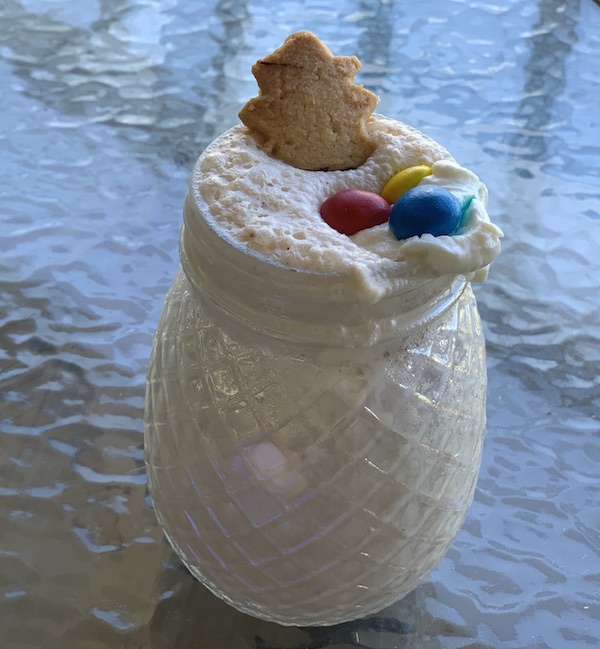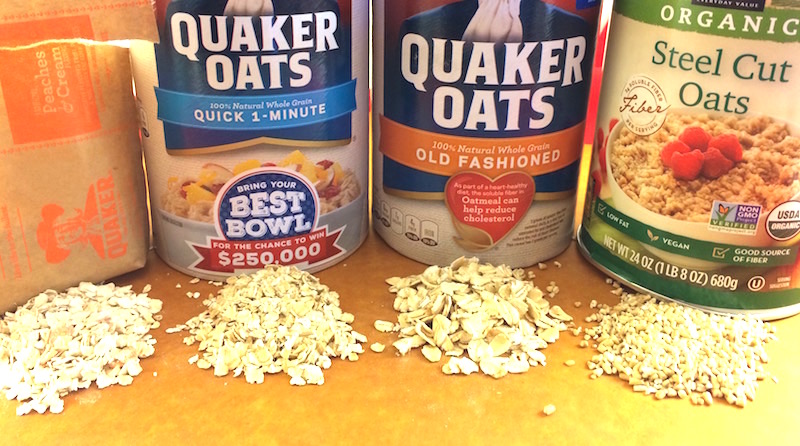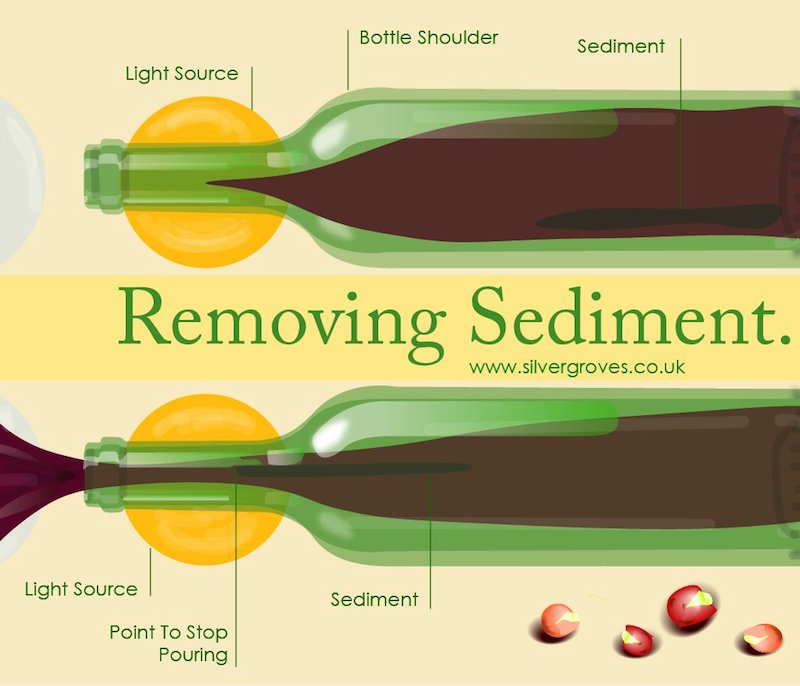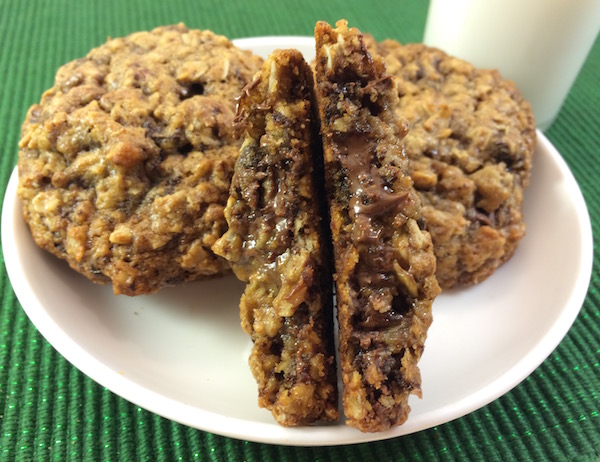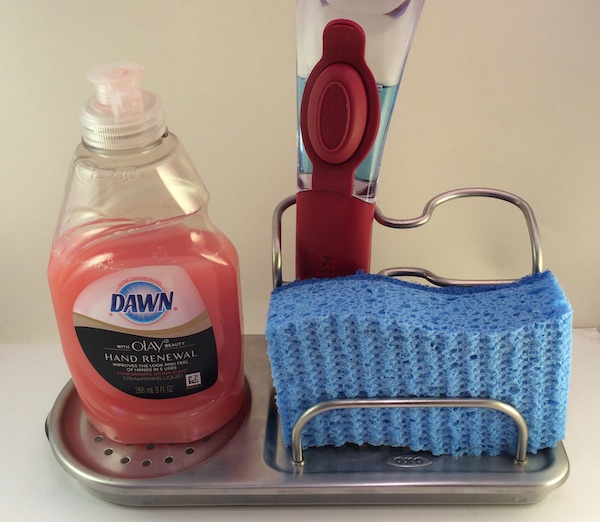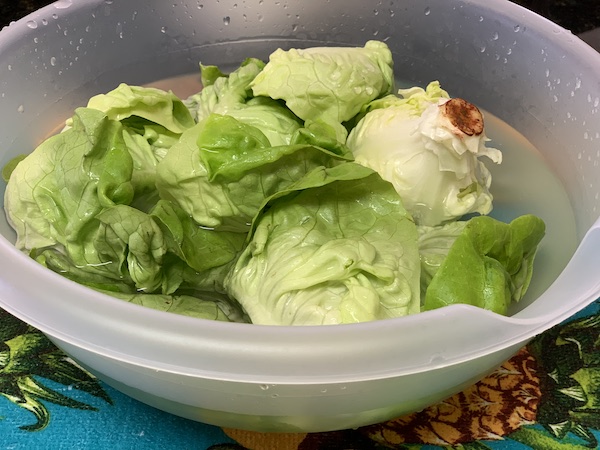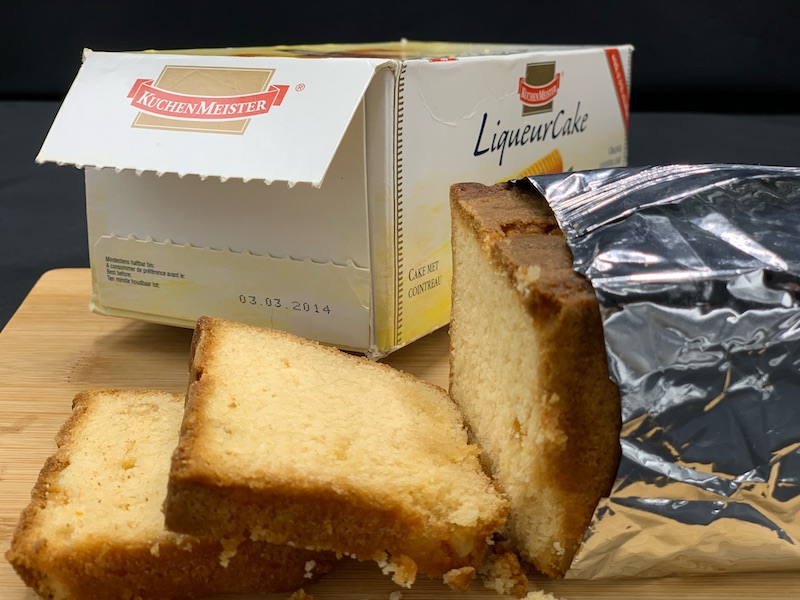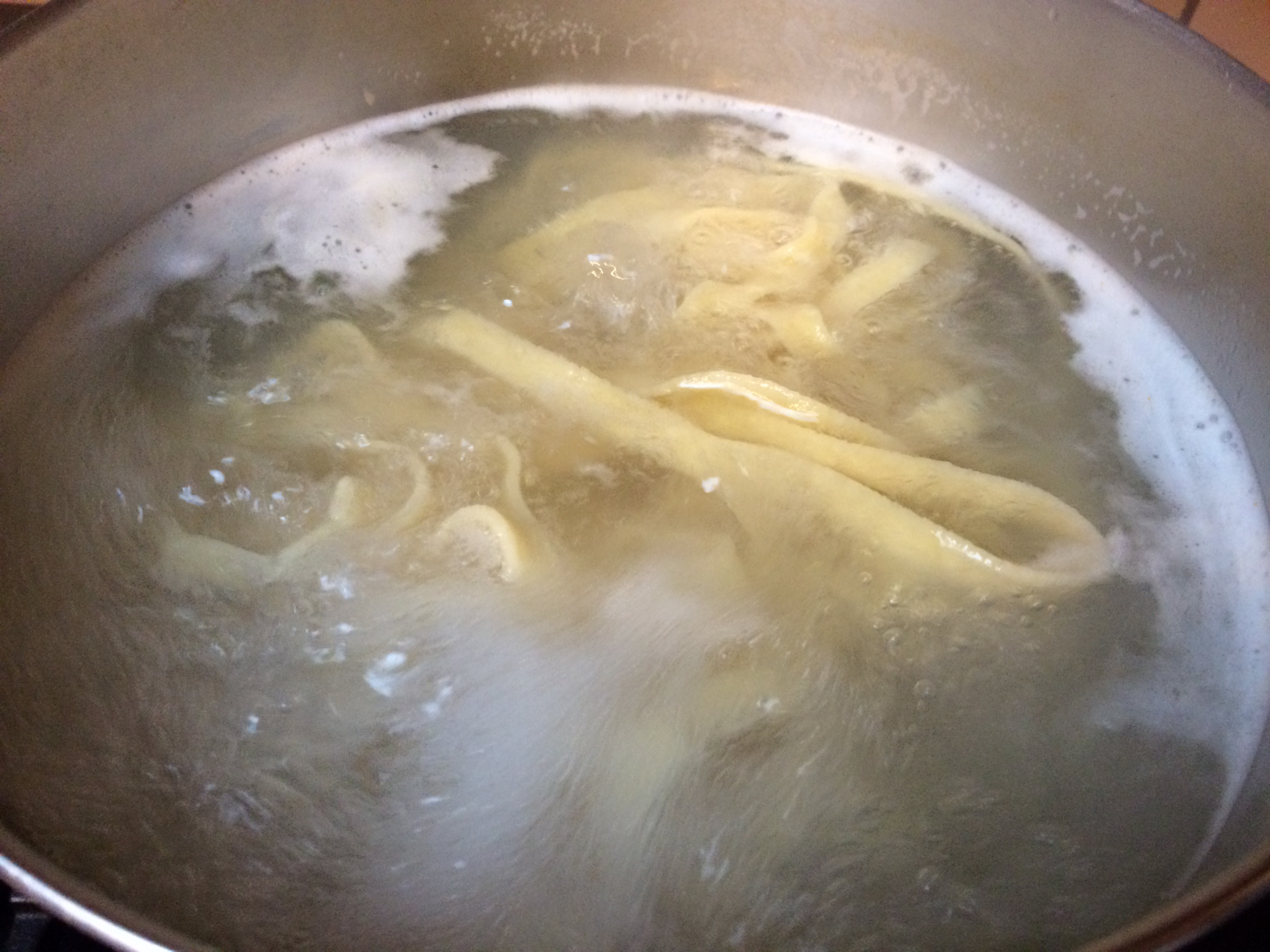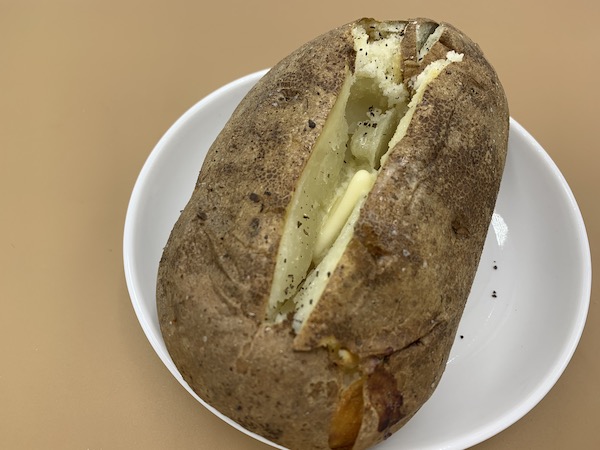Can You Refreeze Food?
Question:
Can you refreeze food?
Is it safe to refreeze food?
Once thawed, can you refreeze?
Answer:
Yes,
foods may be refrozen, but only if they were safely
thawed.
Frozen foods that were properly thawed in a refrigerator may be placed back into the freezer in a timely manner. Although it’s an old wives tale that you can’t… there are, of course, still some cautionary items we need to discuss regarding the refreezing of food.
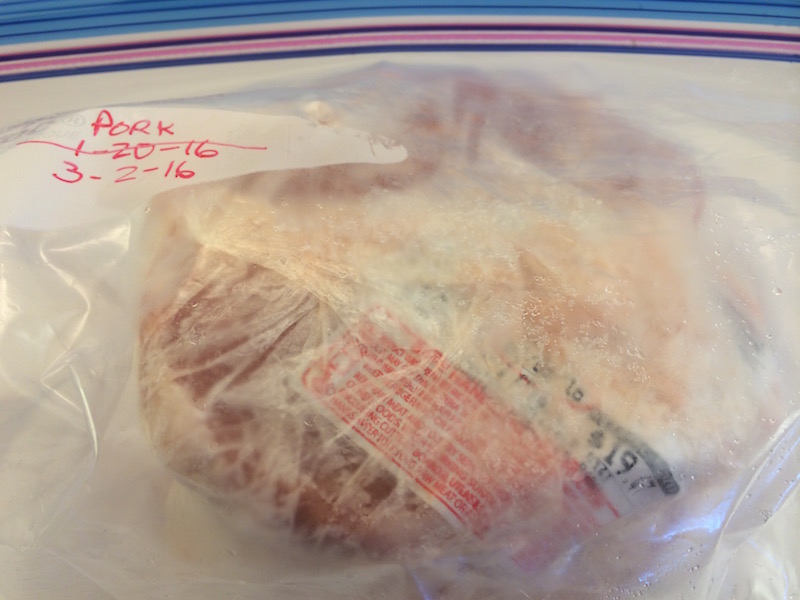
Can You Refreeze?
Can You Refreeze Food?
First, let’s talk about what happens when you freeze food. The freezing process actually ruptures some of the cell walls within the food, slightly altering the texture of the product. That’s the reason why frozen foods, to discerning tastebuds, just don’t taste quite as good as when they were fresh.
Each time you thaw and refreeze something, more cell walls will break. A second thaw and refreeze will break down even more cells, allowing more moisture and flavor to escape as the integrity of the substance adjusts further. This can cause noticeable changes in the taste and texture of some more delicate products. For instance, fish fillets which will begin to soften and break apart more once thawed, refrozen and then thawed again.
Frozen foods are usually less expensive that their fresh cousins, especially meats and seafoods. But buyer beware, unless you live on the coast, most items in your seafood deli were previously frozen! Fish flash frozen at the factory may actually taste better and cost less than that sold “fresh”.
If you do refreeze something, you should label it as such so that you don’t accidentally refreeze that same food a third or fourth time making it even less desirable.
ONLY foods thawed in the refrigerator are safe to refreeze. Safe thawing methods include the refrigerator, submerging it in a bowl of cold water or defrosting in the microwave. If you’ve left your food on the counter to thaw, which you should never do since it’s not named in the safe thawing list, NEVER refreeze those foods. A refrigerator is kept at 40°F or colder. If foods are thawed someplace else, then the chances are great that at least a part of the food has reached a higher temperature. When higher temperatures happen, bacteria is free to multiply.
Always cook your foods thoroughly in order to kill any lurking pathogens. Once ice crystals melt, bacteria may again begin growing. Remember that freezing does not eliminate any bacteria that may have been in the product, it only stops their growth. Once thawed, they are free to keep multiplying again. So, don’t bother freezing food that is already spoiling. Our sections for each food explaining how to tell if that food has gone bad are helpful when deciding the proper time to toss foods. Frozen and then thawed food will develop harmful bacteria faster than fresh.
Bottom line for the can you refreeze question: if you haven’t properly thawed a food in the refrigerator, then either cook it right away or toss it right away.
Can You Refreeze?
Additional Information
Some foods just don’t freeze well in the first place, we’ve explored a few in detail with the following posts: can you freeze cheese, freeze potatoes and freeze yogurt.
To learn more freezer basics, see our freezer post.

